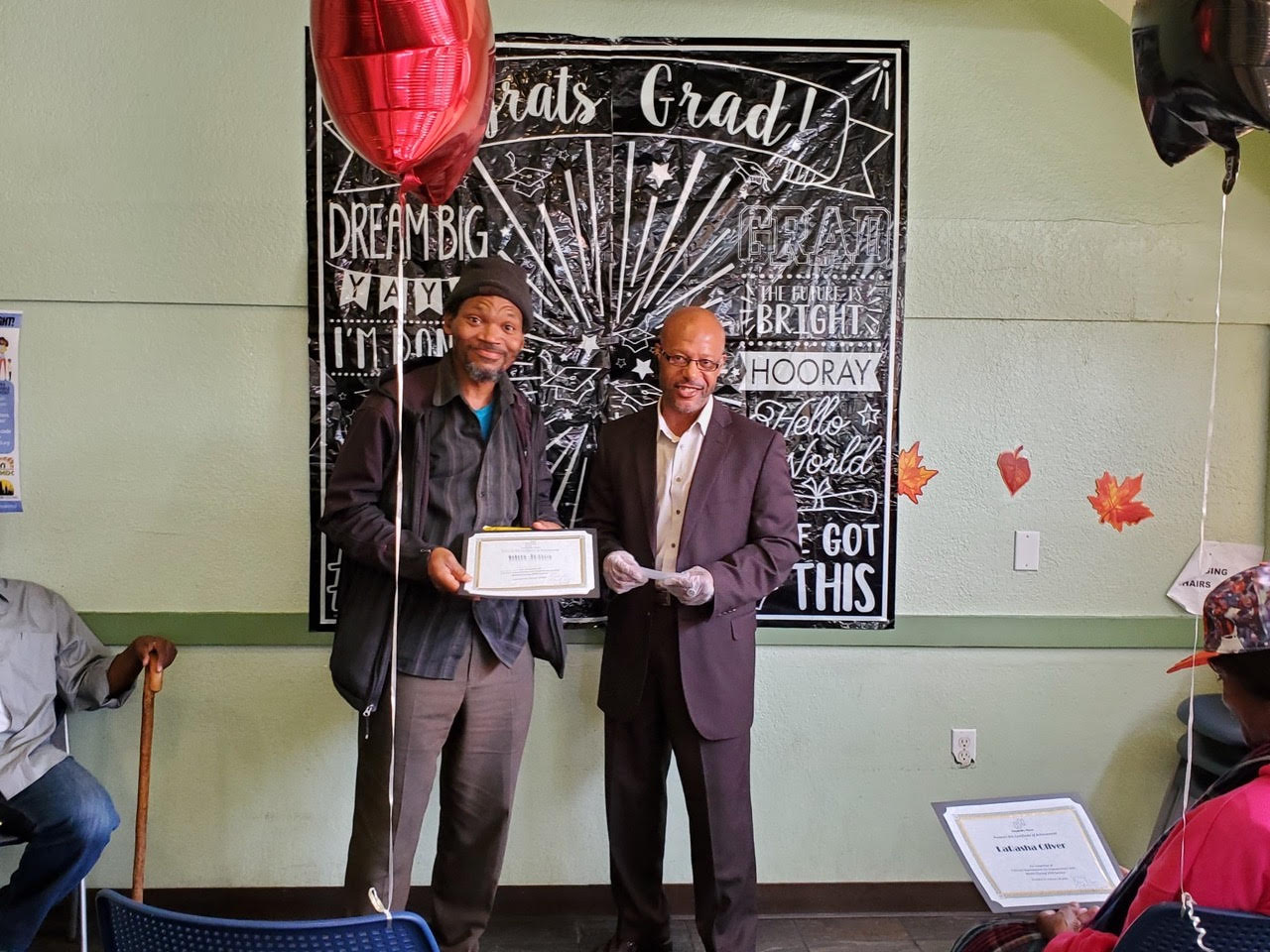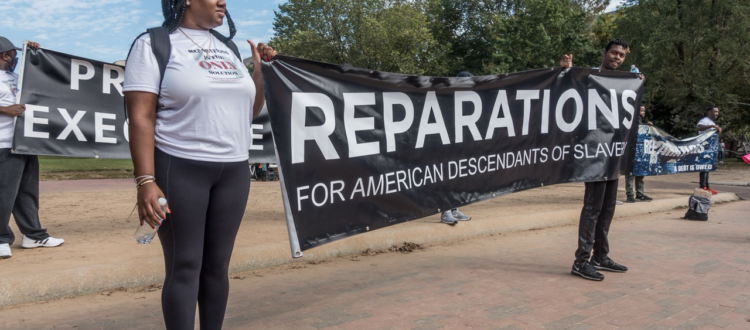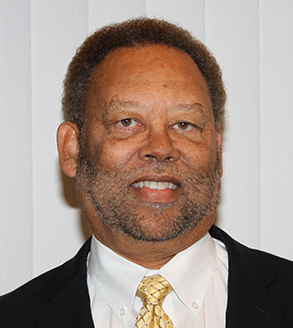Edward Henderson | California Black Media
San Francisco resident Anthony Hardnett works at Hospitality House, a community-based organization that offers recovery, reintegration and personal growth resources to people struggling with addiction and homelessness in and around the city’s downtown area.
Growing up in the 1980s, Hardnett was a multi-sport star athlete. His speed on the track coupled with his exceptional skills as a running back in football earned him the respect and admiration of his community.
“Everyone,” he says, saw his potential and predicted he would be one of the few to “make it out.”
Unfortunately, Hardnett was drawn to the temptations of street life, leading him into substance abuse and crime – and, eventually, to a 29-year prison sentence, when he was just 21 years old.
“I saw people with the perms and slick dudes and girls. I saw that as being cool. I graduated from weed to cocaine and that’s what took it to another level,” he remembers.
After getting clean during his time in prison and earning a degree in counseling, Hardnett told California Black Media that he is motivated to transform as many lives as possible. In his role, Hardnett says he knows how the lack of resources for treating and preventing mental health and addiction are both complicating and contributing to California’s homelessness crisis, which is having an outsized impact on African Americans.
Last year, Newsom announced Proposition (Prop) 1, an expansive ballot measure that he said would enhance access to treatment and housing for the chronically homeless population that Hardnett, his organization and some other mental health advocates are most concerned about. Many advocates believe that this segment of the homeless population is the hardest to transition from the streets to permanent housing.
“We see the signs of our broken mental health system every day — too many Californians suffering from mental health needs or substance use disorders are unable to get the support or care they need,” said Gov. Newsom in a statement at the time. “This will prioritize getting people off the streets, out of tents and into treatment.”
On March 5, the date of the presidential primary election, California voters will have the final word on whether the state will overhaul and expand access to mental health services treatment in two important ways.
Senate Bill (SB) 326 and Assembly Bill (AB) 531 are the foundation of Prop 1.
SB 326 modernizes the Mental Health Services Act (MHSA) passed in 2004 by reallocating funds. These reforms aim to expand services, including treatment for individuals with substance use disorders (SUD), prioritizing care for those with serious mental illnesses, ensuring sustained resources for housing and workforce, and maintaining investments in early intervention efforts.
AB 531 includes the $6.4 billion general obligation bond to build 11,150 new treatment beds and supportive housing unites as well as outpatient capacity to help serve tens of thousands of people annually. Included in the bond is $1 billion set aside specifically for veterans’ housing.
If passed, Prop 1 would direct counties, which are responsible for more than 90% of spending addressing homelessness and addiction, to prioritize housing over other treatment and prevention programs.
Since Newsom announced Prop 1, the state has invested more than $14 million on a public awareness campaign about the initiative.
Although Blacks in California comprise 6.5% of the state’s population, they make up more than 40% of unhoused people across California. The drug-induced death rates among Blacks in California is also relatively high at 28.3% as compared to 23.2% among Whites and 11.1% among Latinos.
A 2023, University of California San Francisco study also found that an estimated 83% of people of unhouse people in the state had experienced a mental health condition.
“Modernizing the 20-year-old MHSA as the Behavioral Health Services Act (BHSA) responds to the critical need to address the tragic reality of unhoused people we see on our streets and the mental health and substance use issues that many experience, but also pays heed to the housing and critical wraparound support services that people struggling with homelessness need,” said SB 326 Co-Author and Assembly Health Committee Chair Assemblymember Jim Wood.
Opponents of the proposition are concerned about the damage it could cause to existing mental healthcare programs. They fear that the heavy focus on housing will give counties no choice but to slash jobs and cut essential programs.
Karen Vicari, Director of Public Policy for Mental Health America spoke with California Black Media about why she is urging a “no” vote on Prop 1.
“Prop 1 will divert 30% of MHSA money that’s currently going towards services that will divert that money towards other things like housing navigation,” she said. “Not creating housing but services to help people find housing where there isn’t any to be found. That’s our biggest concern.”
Vicari is also concerned about the types of programs that are bound to be cut.
“There are a lot of services for African American people that are going to be on the chopping block, she said. Those community centers do amazing work,” added Vicari.
“Most of the bond money will go towards building in-patient treatment facilities for the highest-need people. Two billion goes to permanent supportive housing, but half of that is going towards veterans,” she said. “So, only $922 million that will go towards actual housing. It is a drop in the bucket considering the state has already put $25 billion into homelessness efforts and it continues to rise.”
Hardnett says he sees the solution to the addiction and homelessness problems is a combination of personal willpower, culturally competent treatment programs, more funding for addiction and more availability and access to care and stable housing.
“Some people say I only got clean because I was in prison. No, you can do it out here too,” said Hardnett. You can get off the drugs, or any other habit you’re on. Some people just need more help than others. By the grace of God, I made it out.”











